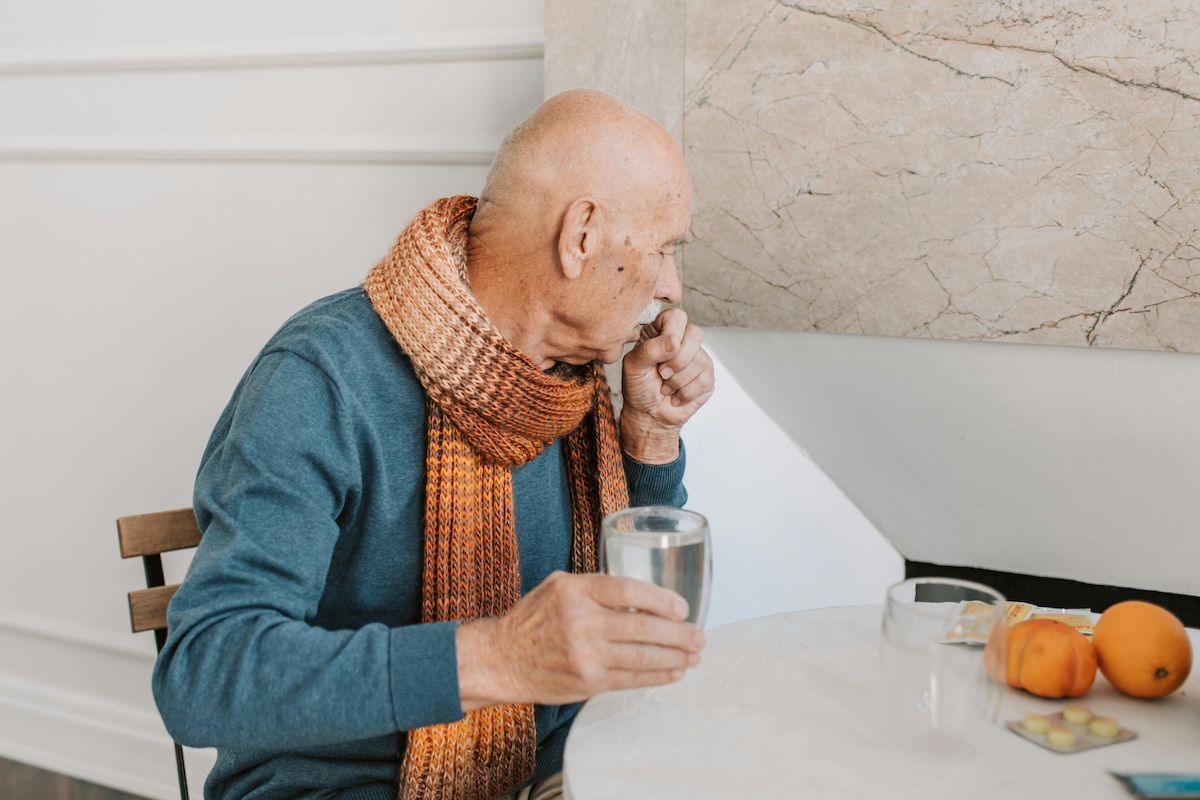Families of Alzheimer’s patients work hard to maintain a normal life for their loved ones. Many have turned their own lives upside down and made great sacrifices to care for a parent or loved one with Alzheimer’s disease. But how do you know when you are no longer able to care for your loved one yourself?
Hospice care can be very helpful in meeting the constantly changing needs of many Alzheimer’s patients.
Here are five questions to help you know if your loved one is ready for Hospice care.
-
Has Alzheimer’s made your loved one completely dependent?
Dementia simply means a decline in mental ability that interferes with daily life. Eventually, this dementia may make the patient unable to function without help. If this has progressed to the point of total dependence, Hospice care can give them the help they need.
-
Has your loved one lost weight due to decreased food or fluid intake?
As Alzheimer’s disease progresses, your loved one’s mental facilities may decline to the point that they are overwhelmed with food choices, struggle to use utensils, or lose the ability to distinguish tastes and smells, resulting in dangerous weight loss. Hospice care can provide your loved one with proper nutrition and support during this time.
-
Is your loved one unable to speak intelligently due to Alzheimer’s disease?
Gradually, Alzheimer’s patients lose their ability to find words, follow conversations, and express their own thoughts. During the middle stages of the disease, their ability to communicate may decline so severely that your loved one is unable to speak intelligently. This difficulty may make caring for your loved one impossible without the support of a Hospice environment.
-
Is your loved one unable to walk or move without help?
As an Alzheimer’s patient’s ability to move and function independently decreases, care becomes much more difficult. The constant need for help with daily tasks, personal hygiene, and mobility become a struggle for many families. The structure and support provided by Hospice care can be very beneficial to these families and patients.
-
Does your loved one have secondary conditions that are contributing to their physical decline?
Your loved one may have physical conditions or other chronic diseases that must be dealt with along with Alzheimer’s. As their mental abilities decline, this becomes more and more challenging. In a Hospice environment, attention is given to all areas of patient needs.


